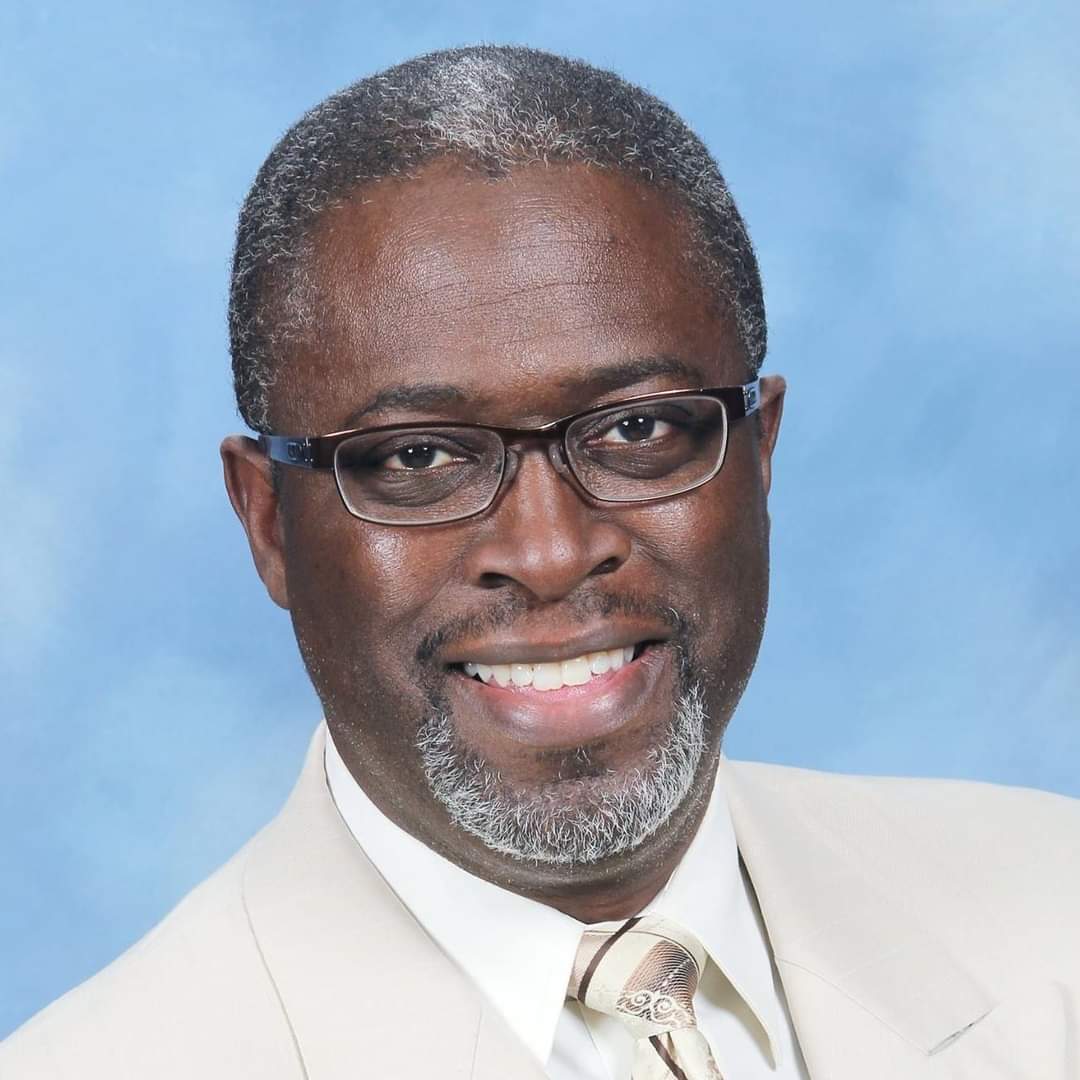This is the final article in a three-part series on biblical fasting. Part 1 was a focus on Old Testament teaching and practices. Part 2 considered the intertestamental time and some of the important passages from the Gospels. This final post will continue in that same vein and draw some conclusions. We have not followed strict canonical order, but our next point of consideration is the use of fasting in Matthew 9.
Matthew 9
In Matthew 9, Jesus and His disciples are contrasted with the disciples of the Pharisees and John regarding the issue of fasting. This passage is significant because it is the best passage upon which modern fasting could potentially be built.
The occasion was a dinner party at Matthew’s house. Matthew invited friends, most of whom were tax gatherers, like himself. The religious elite of that day, as well as most of the Jewish population, would consider them a particular kind of traitorous sinner (Matt 9:9–10). They were fellow Jews who aided in the financial oppression foisted on them by the Roman Empire. They were white-collar pariahs in that culture. However, Jesus thought differently, as He considered this an opportunity to “call sinners” from Matthew’s inner circle (Matt 9:11–13).
A controversy about fasting was ignited by a question in Matthew 9:14: “Then the disciples of John came to Him, saying, ‘Why do we and the Pharisees fast, but Your disciples do not fast?” This was based on the simple observation that the ones asking, John the Baptist’s disciples, as well as the Pharisees, practiced fasting—yet Jesus and His disciples didn’t. John the Baptist was not in the same religious circle as the Pharisees at all; in fact, they had problems with one another (Matt 3:1–10). So, the question implied that fasting was normal for the whole spectrum of Jewish sub-groups, except Jesus’ group. Why was that the case?
Jesus gave a straightforward answer: “And Jesus said to them, ‘The attendants of the bridegroom cannot mourn as long as the bridegroom is with them, can they? But the days will come when the bridegroom is taken away from them, and then they will fast’” (Matt 9:15).
This response is often used to support the modern practice of fasting within churches. Adherents argue that within this passage, Jesus prescribes fasting for His followers, and by extension, the Christian life.
Surely if this were true, one would expect to see this spiritual discipline practiced by the apostles, which is not the case. The grammatical structure of this statement by Christ, at the most, was describing fasting, not prescribing fasting. There are no Greek grammar or lexical studies that identify this as a command. Moreover, subsequent passages of instruction from the church do not use Matthew 9 to describe, compel, or instruct fasting in the church.
Jesus’ answer, in fact, sets the context for fasting. Theologically speaking, His statement best fits the time between His own death and resurrection. Notice in Jesus’ statement that fasting would be appropriate during His absence. The fasting was entered into because “the bridegroom is taken away from them.” It was Christ’s absence that would naturally lead to mourning and mourning to the possibility of fasting.
The gospels describe exactly that upon Jesus’ crucifixion. His murder led to despair, deep sorrow, and mourning among those who knew and loved Him. This setting is more appropriate for a fast. This is particularly true when contrasted with a wedding feast.
When was Christ’s absence over? When did their sorrow change to joy? When would the fast end? Christ’s absence was from the time of His death on the cross to the time of His resurrection. When He revealed Himself to them as the resurrected Christ, their sorrow was changed to joy and their fasting would have come to an end. Regularly practicing fasting outside of this context could implicitly say Christ the bridegroom is still absent from His people. Certainly, the opposite is actually the case. Listen to the words of Jesus in John 14:16–18: “And I will ask the Father, and He will give you another Helper, that He may be with you forever; that is the Spirit of truth, whom the world cannot receive, because it does not behold Him or know Him, but you know Him because He abides with you, and will be in you. I will not leave you as orphans; I will come to you.” Jesus clearly indicated, “I will come to you.” The indwelling of the Holy Spirit is the presence of the risen Lord in the life of the believer.
The gospels repeatedly note the joy that marked Jesus’ reunion with His disciples after His resurrection (Matt 28:8; Luke 24:41, 52). This joy was not just described; it had been promised. When Jesus said “I will come to you,” He indicated that joy would follow after death.
Truly, truly, I say to you, that you will weep and lament, but the world will rejoice; you will be sorrowful, but your sorrow will be turned to joy. Whenever a woman is in travail she has sorrow, because her hour has come; but when she gives birth to the child, she remembers the anguish no more, for joy that a child has been born into the world. Therefore you too now have sorrow; but I will see you again, and your heart will rejoice, and no one takes your joy away from you.
John 16:20–22
That same night Jesus prayed, “But now I come to Thee; and these things I speak in the world, that they may have My joy made full in themselves” (John 17:13). The disciples would not have to wait for Heaven to have their joy “made full;” it would be complete upon Christ’s return through the Holy Spirit. Fasting stands in contrast to the believer’s fundamental disposition that we have the presence of the Spirit of Christ, continually.
Acts 13 and 14
Does this study mean it is sinful to fast? Not at all, as evidenced by the leaders of Antioch fasting in Acts 13 and 14. These are the last times Christians were identified as fasting in Scripture. Acts 13 or 14 does not tell us why they were fasting. Was the church struggling with a sin issue that the leadership was mourning over? If so, that would align with scriptural motivation to fast. How long was the fast? We are not told. Was this a regular part of their spiritual life? There is no indication that this was the case. It would be too tenuous to build an entire theology of fasting on these two historical snapshots.
Conclusion
Should Christians fast? They can if they choose. This should be initiated in light of sin or a sin issue that they are grieving over in their lives. Those fasting should do so privately and not look like they are fasting (Matt 6). Moreover, believers should not think that fasting will make God more accessible; or make our prayers more likely to be answered. Answered prayer is a response to prayer, not a response to fasting and prayer.
Why, given what the Bible actually teaches regarding fasting, do pastors and churches today advocate for and practice fasting as a major expression of Christian spirituality? There may be some innocent and innocuous reasons.
On the other hand, some may fast out of a misunderstanding of who God is. They believe that if He answers prayer, then He really answers prayer and fasting. Time and time again the Bible affirms that mighty things are done, not through prayer and fasting, but through prayer.
Moreover, we live in an age in which some pastors and churches substitute Christian activities and experiences for Christian teaching. We tend to attach religious dedication to activities other than the means of grace God has established. Whether it is long, “praise and worship” that marginalizes or replaces the preaching of God’s Word, or spiritual activities like prayer walks, we can be deceived into confusing activity for spiritual life. Let this not be so when it comes to fasting.




